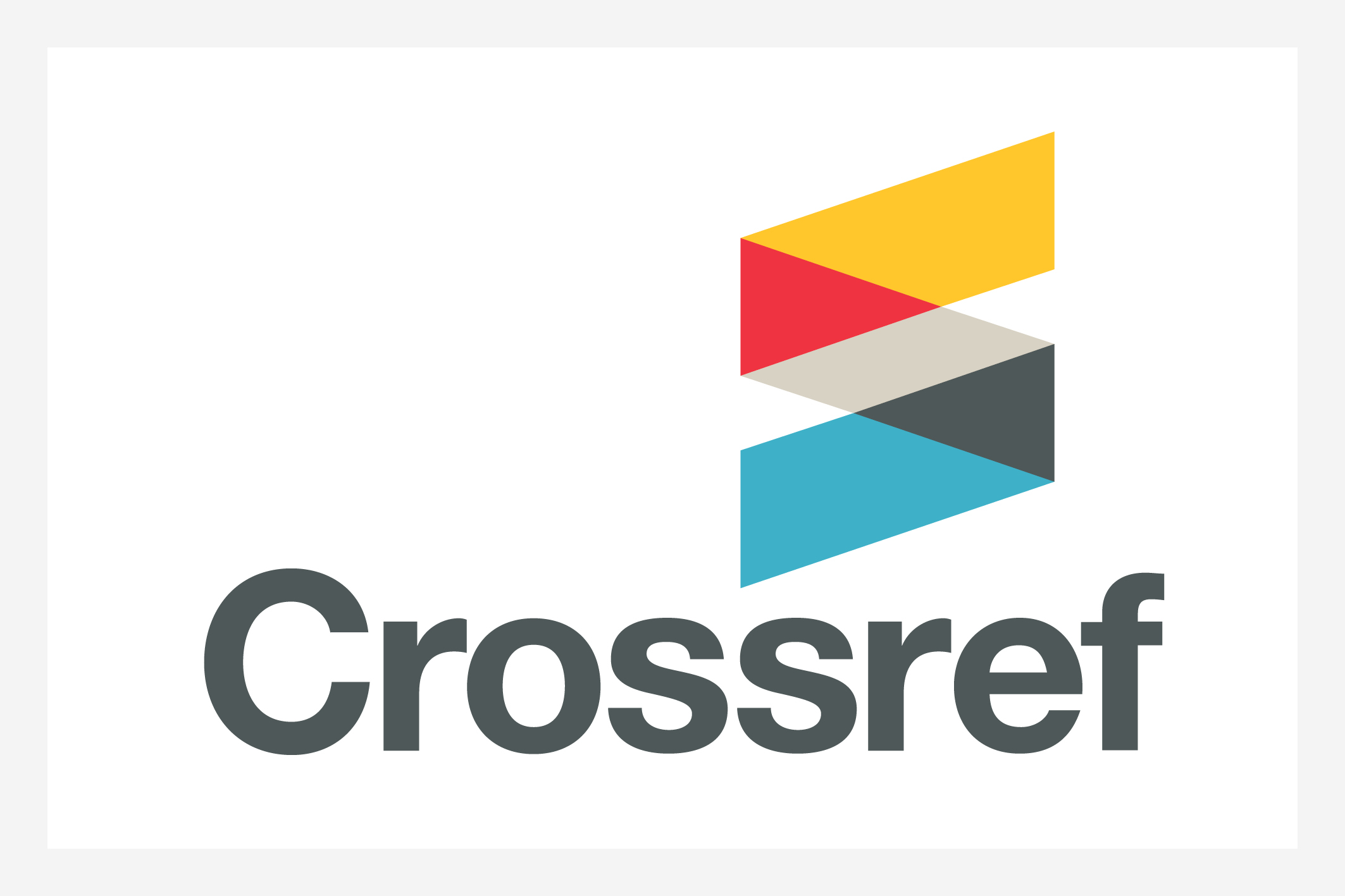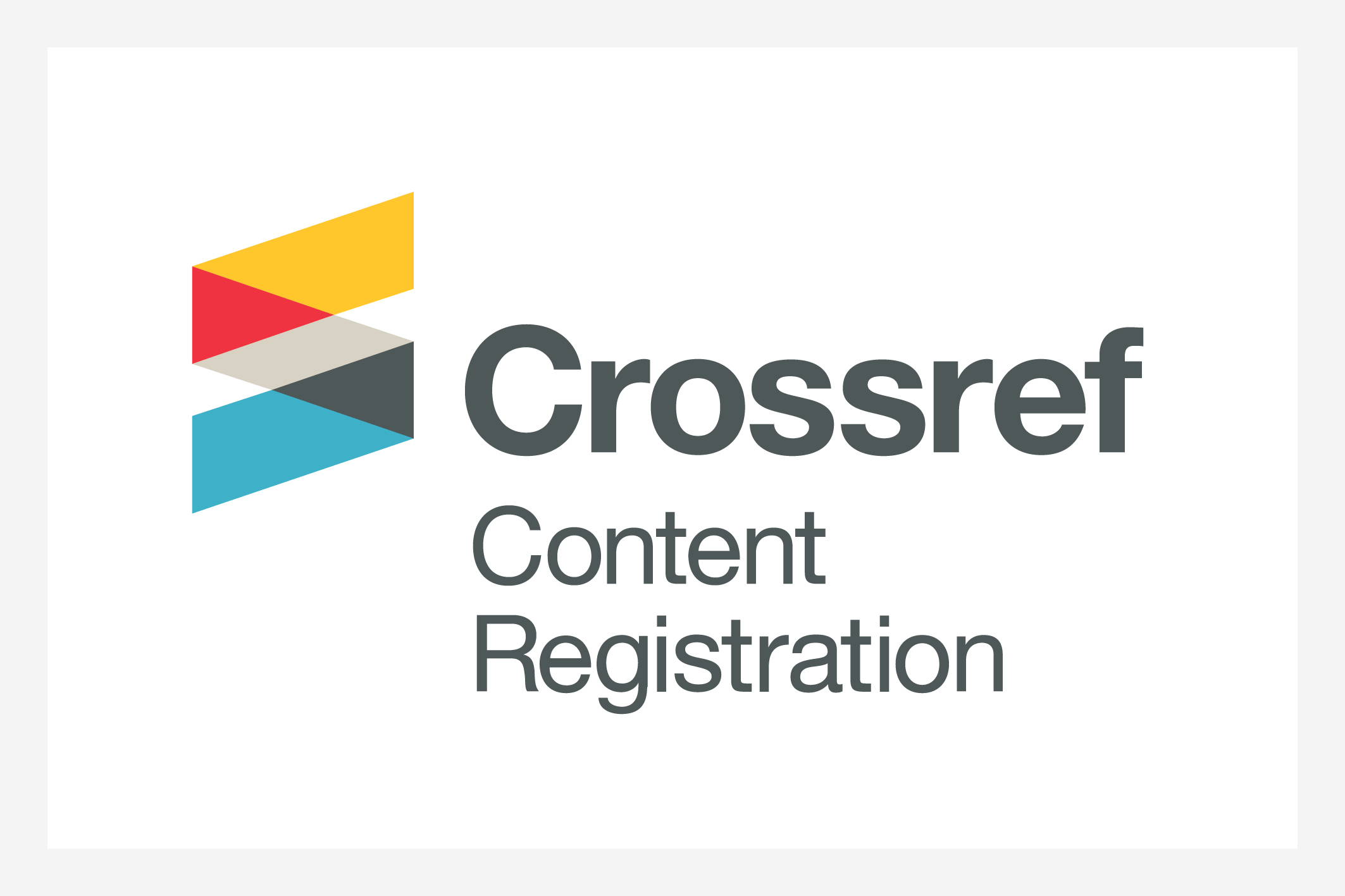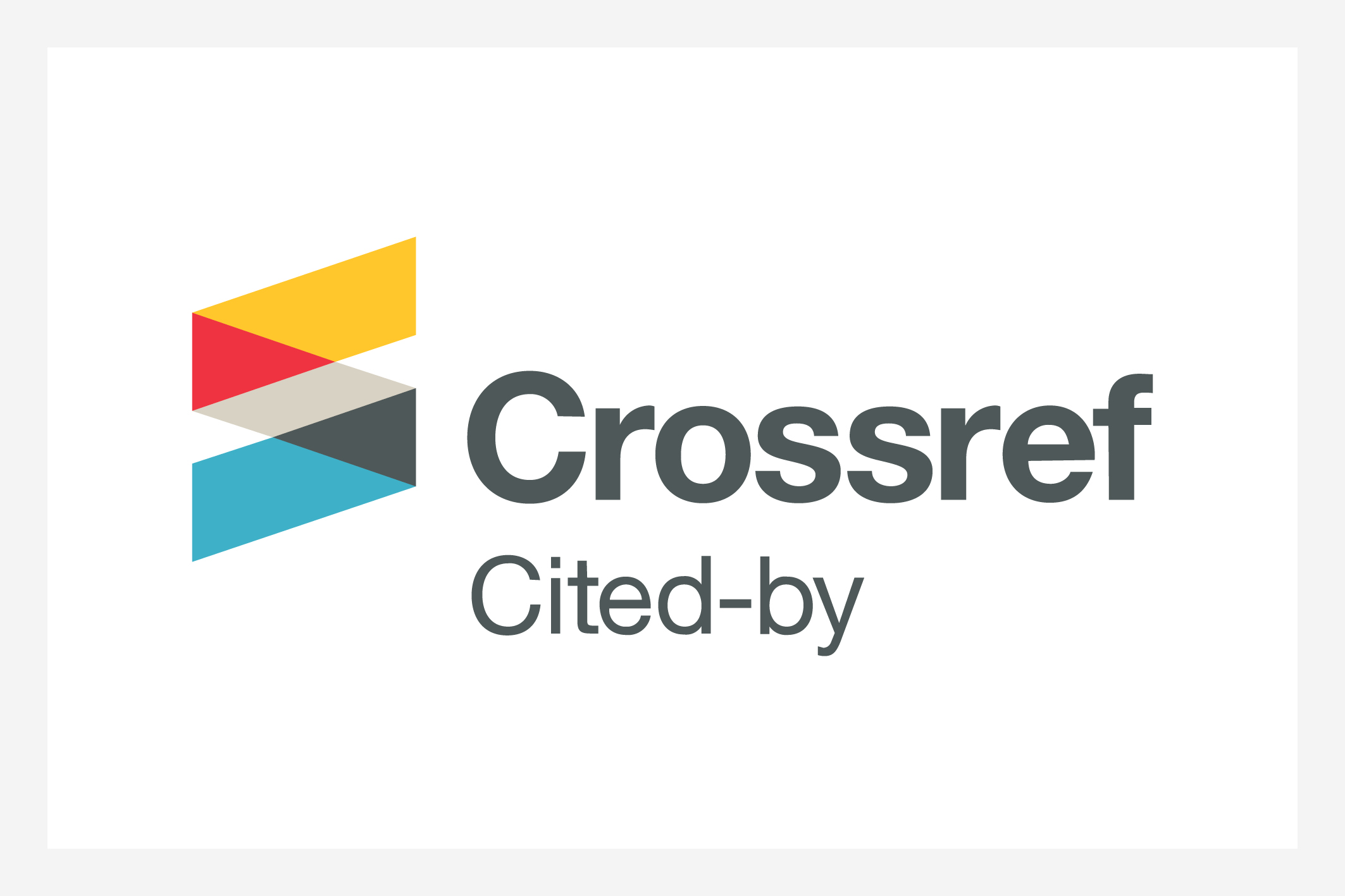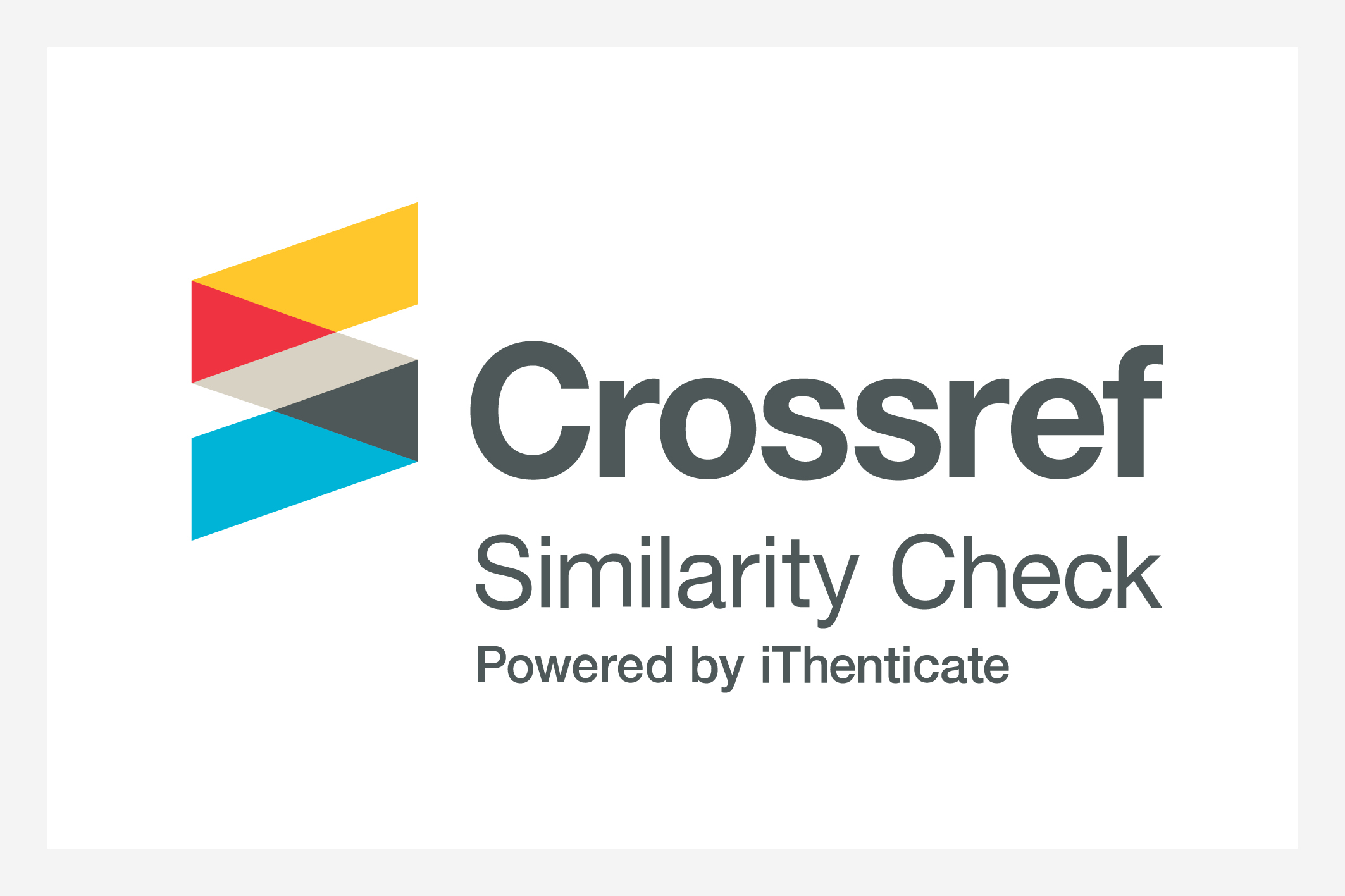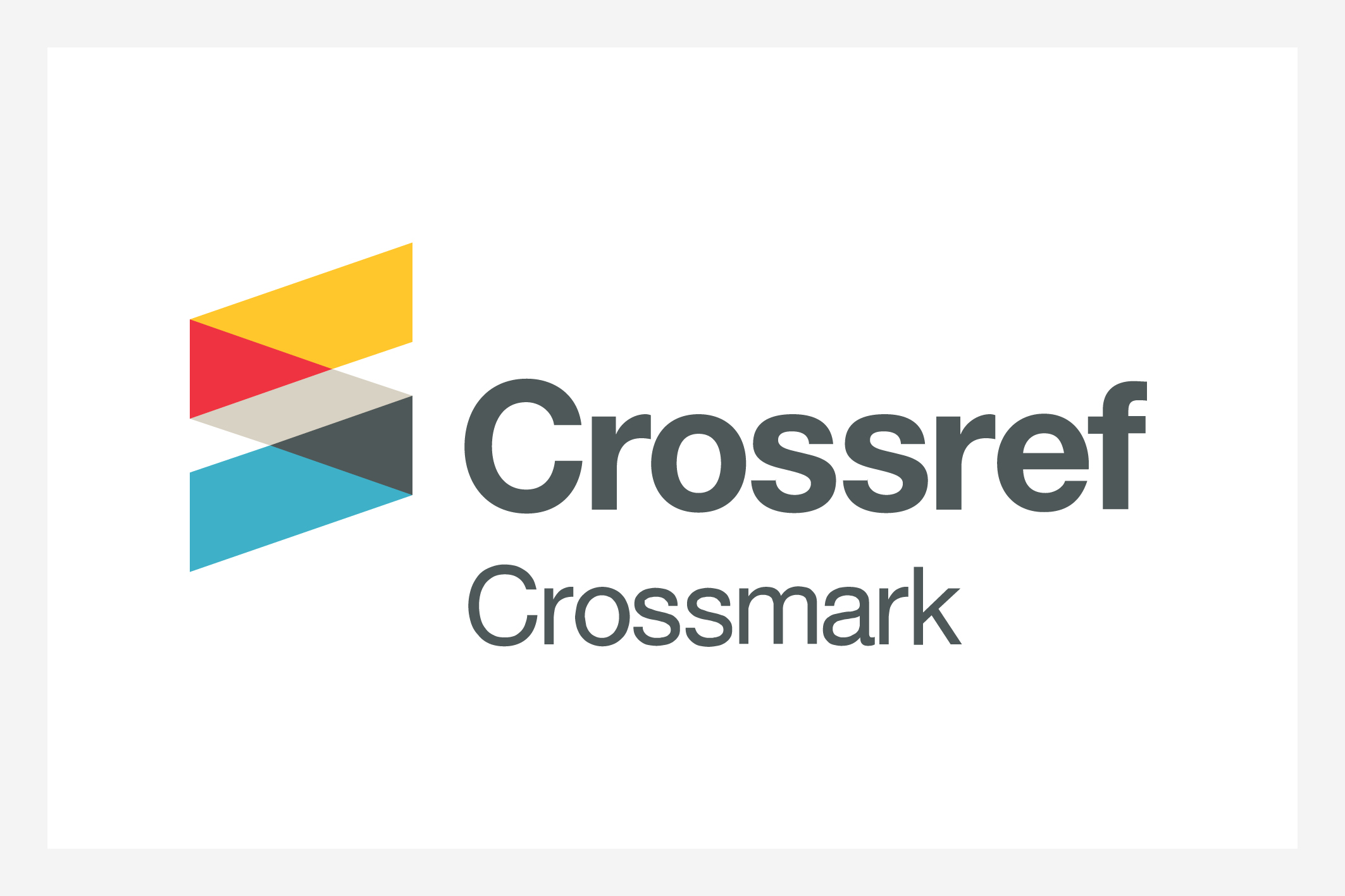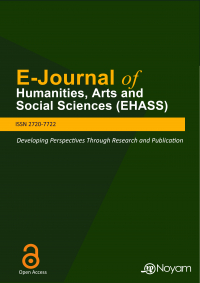
Women in Traditional Healthcare in Contemporary Ghana: Evidence from the Volta and Oti Regions
Issue: Vol.6 No.11 Article 12 pp. 2873 – 2887
DOI: https://doi.org/10.38159/ehass.202561112 | Published online 31st October, 2025
© 2025 The Author(s). This is an open access article under the CCBY license (http://creativecommons.org/licenses/by/4.0/).
This study employed the qualitative method to study two indigenous women healers in Ghana – a traditional bone setter and a priestess healer. Placing the discussion within gender perspectives, the study chronicled the biography of these healers in the Volta and Oti regions of Ghana, their knowledge acquisition, healing practices, and the challenges that they face. The study found that the bone setter’s knowledge of healing was a family heritage, while the priestess acquired the shrine for reproductive purposes. The two practitioners have healed many patients in their communities in the areas of bone fractures and infertility issues. However, finance, poor record keeping, spiritual attacks, health challenges, and depletion of medicinal plants were identified as challenges confronting the female traditional healthcare practitioners in their respective communities. The study concludes that women, through their immense contribution to primary healthcare, support their family economy and provide a balance in a male-chauvinistic healthcare system. They therefore engage in their healing practices to navigate the male corridors of power and domain. This study contributes to scholarship on medical anthropology by discussing the role of women traditional healers in contemporary Ewe and Krachi societies. It also contributes to knowledge production in the field of gender studies, drawing insights from two distinct yet related geographical settings.
Keywords: Women in Traditional Healthcare, Healing Practices, Gender Roles, Traditional Bone Setter, Priestess Healer
Adu-Gyamfi, Samuel. “Women and Biomedical Healthcare in a Community in Ghana.” Joint Ukrainian-Romanian Scientific Journal, no. 4, 28, (2020): 59–64.
Adu-Gyamfi, Samuel, Kwasi Amakye-Boateng, Ali Yakubu Nyaaba, Adwoa Birago Acheampong, Dennis Bafour Awuah, and Richard Oware. “Women and Medicine: A Historical and Contemporary Study on Ghana.” Ethnologia Actualis 19, no. 2 (December 1, 2019): 34–56. https://doi.org/10.2478/eas-2020-0003.
Afisi, Oseni Taiwo. “Power and Womanhood in Africa: An Introductory Evaluation.” The Journal of Pan African Studies 3, no. 6 (2010): 229–38.
Aktinson, Paul, and Martyn Hammersley. “Ethnography and Participant Observation.” Strategies of Qualitative Inquiry. Thousand Oaks: Sage, 1998, 248–61.
Amenumey, Divine Edem K. The Ewe in Pre-Colonial Times: A Political History with Special Emphasis on the Anlo, Ge, and Krepi. Sedco Pub. Limited, 1986.
Annan-Yao, Elizabeth. “Analysis of Gender Relations in the Family, Formal Education and Health. Gender, Economies and Entitlements in Africa.” CODESRIA Gender Series 2 (2004): 1–17.
Anquandah, James. “African Ethnomedicine: An Anthropological and Ethno-Archaeological Case Study in Ghana.” Africa: Rivista Trimestrale Di Studi e Documentazione Dell’Istituto Italiano per l’Africa e l’Oriente 52, no. 2 (1997): 289–98.
Anquandah, James R. “Accra Plains, Dangmeland: A Case Study in the Eclectic Approach to Archaeological and Historical Studies.” FASS Bulletin 1, no. 1 (1996): 74–82.
Anyinam, A. Charles. “The Role of Female Spiritualists in Africa: Persistence with Change.” Canadian Woman Studies 17, no. 1 (1997): 103–6.
Ariës, Marcel J. H., Hanneke Joosten, Harry H J Wegdam, and Sjaak Van Der Geest. “Fracture Treatment by Bonesetters in Central Ghana: Patients Explain Their Choices and Experiences.” Tropical Medicine & International Health, 12, no. 4 (2007): 564–74.
Blackstone, M. Amy. “Gender Roles and Society.” In Human Ecology: An Encyclopedia of Children, Families Communities, and Environments , edited by Julia R. Miller, Richard. M. Lerner, and Lawrence B. Schiamberg, 335–38. Santa Barbara, CA: ABC-CLIO, 2003.
Bliss, Linda A. “Phenomenological Research.” International Journal of Adult Vocational Education and Technology 7, no. 3 (July 1, 2016): 14–26. https://doi.org/10.4018/IJAVET.2016070102.
Bochner, P. Arthur. “Notes toward an Ethics of Memory in Autoethnographic Inquiry.” In Ethical Futures in Qualitative Research: Decolonizing the Politics of Knowledge, edited by Norman K. Denzin and Michael D. Giardina, 197–208. Left Coast Press, 2007.
Bodeker, Gerard, Florian Kronenberg, and Gemma Burford. Policy and Public Health Perspectives on Traditional, Complementary and Alternative Medicine: An Overview. Geneva: World Health Organization, 2007.
Bowman, A. Marjorie, Erica Frank, and I. Deborah Allen. Women in Medicine: Career and Life Management. New York: Springer, 2002.
Braun, Virginia, and Victoria Clarke. “Using Thematic Analysis in Psychology.” Qualitative Research in Psychology 3, no. 2 (January 21, 2006): 77–101. https://doi.org/10.1191/1478088706qp063oa.
Clair, William St. Imperialism and Traditional African Culture. Cambridge: Cambridge University Press, 1994.
Delve, Ho, L., and Alans Limpaecher. “Practical Guide to Grounded Theory Research.” Essential Guide to Coding Qualitative Data, 2006.
Denzin, Norman K, and Yvonna S Lincoln. The Sage Handbook of Qualitative Research. sage, 2011.
Dime, Charles Amoah. African Traditional Medicine: Peculiarities. Ekpoma: Edo State University Press, 1995.
Evans-Anfom, Emmanuel. Traditional Medicine in Ghana: Practice, Problems and Prospects. Accra: Academy of Arts and Sciences, 1986.
Hag, A. EL, Mohamed Imad, M. EL Hag, and Osman Bakri. “Complications in Fractures Treated by Traditional Bonesetters in Khartoum, Sudan.” Khartoum Medical Journal 3, no. 1 (2012).
Hoff, Wilbur. “Traditional Health Practitioners as Primary Health Care Workers.” Tropical Doctor 27, no. 1_suppl (1997): 52–55.
John, W. Creswell. Qualitative Inquiry and Research Design: Choosing Among Five Approach . California: Sage Publication, Inc., 2007.
Kilminster, Sue, Julia Downes, Brendan Gough, Deborah Murdoch‐Eaton, and Trudie Roberts. “Women in Medicine− Is There a Problem? A Literature Review of the Changing Gender Composition, Structures and Occupational Cultures in Medicine.” Medical Education 41, no. 1 (2007): 39–49.
Kleinmann, Arthur. Patients and Healers in the Context of Culture: An Exploration of the Borderland between Anthropology, Medicine and Psychiatry. Berkeley, Los Angeles, London: University of California Press, 1980.
Konadu, Kwasi. “Medicine and Anthropology in Twentieth Century Africa: Akan Medicine and Encounters with (Medical) Anthropology.” African Studies Quarterly 10, no. 2 & 3 (2008): 45–70.
Leith, Ross. African Woman. New York: Macmillan Publishers Ltd. , 1967.
Nukunya, K. Godknows. Tradition and Change in Ghana: An Introduction to Sociology. Accra: Ghana Universities Press, 1992.
Ogunlusi, J. D., Innocent C Okem, and L M Oginni. “Why Patients Patronize Traditional Bone Setters.” Internet J Orthop Surg 4, no. 2 (2007): 1–7.
Omonzejele, Peter. “Current Ethical and Other Problems in the Practice of African Traditional Medicine.” Med. & L. 22 (2003): 29.
Onuminya, John E. “The Role of the Traditional Bonesetter in Primary Fracture Care in Nigeria.” South African Medical Journal 94, no. 8 (2004): 652–58.
Osei, Michael. “Women and Medicine on the Gold Coast, 1880-1945.” The University of Western Ontario (Canada), 2023.
Qutoshi, Sadruddin Bahadur. “Phenomenology: A Philosophy and Method of Inquiry.” Journal of Education and Educational Development 5, no. 1 (2018): 215–22.
Reichenbach, Laura, and Hilary Brown. “Gender and Academic Medicine: Impacts on the Health Workforce.” BMJ 329, no. 7469 (October 2, 2004): 792–95. https://doi.org/10.1136/bmj.329.7469.792.
Roberts, Jonathan. “Medical Exchange on the Gold Coast during the Seventeenth and Eighteenth Centuries.” Canadian Journal of African Studies/Revue Canadienne Des Études Africaines 45, no. 3 (2011): 480–523.
Salati, Sajad Ahmad, and Ajaz Rather. “Bone Setter’s Gangrene of Hand– a Preventable Disaster.” Journal of Surgery Pakistan (International) 14, no. 3 (2009).
Smith, Jonathan A., Maria Jarman, and Mike Osborn. “Doing Interpretative Phenomenological Analysis.” In Qualitative Health Psychology: Theories and Methods, 218–40. 1 Oliver’s Yard, 55 City Road, London EC1Y 1SP United Kingdom : SAGE Publications Ltd, 1999. https://doi.org/10.4135/9781446217870.n14.
Spieth, Jakob. The Ewe People: A Study of the Ewe People of German Togo, 1854-1914. Berlin: Dietrich Reimer (Ernst Vohnen), 1906.
Swithenbank, Michael. Ashanti Fetish Houses. Accra: Ghana University Press, 1969.
Thanni, L O. “Factors Influencing Patronage of Traditional Bone Setters.” West African Journal of Medicine 19, no. 3 (2000): 220–24.
Thorpe, A. Shirley. African Traditional Religion. Pretoria: University of South Africa, 1993.
Truter, Ilse. “African Traditional Healers: Cultural and Religious Beliefs Intertwined in a Holistic Way.” South African Pharmaceutical Journal 74, no. 8 (2007): 56–60.
Twumasi, A. Peter. Medical Systems in Ghana: A Study in Medical Sociology. Tema: Ghana Publishing Corporation, 1975.
Verdon, Michel. “Re-Defining Pre-Colonial Ewe Polities: The Case of Abutia.” Africa 50, no. 3 (July 7, 1980): 280–92. https://doi.org/10.2307/1159119.
WHO. The Promotion and Development of Traditional Medicine. 622nd ed. Geneva: Technical Report Series, 1978.
Hon. Samuel Bewiadzi Akakpo is a Medical Anthropologist and Lecturer at the Department of General and Liberal Studies, University of Health and Allied Sciences, Ho (Ghana). He holds a Doctor of Philosophy and Master of Philosophy degrees in African Studies from the University of Ghana, Legon; and a Bachelor of Arts degree in African Studies (University of Cape Coast, Cape Coast). His research interests span medical anthropology with specialties in traditional bone setting, African traditional medicine, societies, cultures and health, and indigenous folklore & healthcare. He also focuses on Ewe ethno-history, contemporary politics and governance, and African borders & borderland research. Samuel has published in reputable peer-reviewed journals including Ghana Social Science Journal, West African Journal of Applied Ecology, Research Journal in Advanced Humanities, Journal of Borderland Studies, African Journal of Social Sciences Education, African Social Science and Humanities Journal, African Journal of History, Culture and Arts etc., with seven book chapters in edited volumes. Samuel is a Member of the African Borderlands Research Network (ABORNE), Fellow of the Social Science in Humanitarian Action Platform (SSHAP), Member of the National Association of Local Authorities Ghana (NALAG) and an Assembly Member of Hofedo Electoral Area, Ho Municipal Assembly. Samuel is the Coordinator of the UHAS Cultural Troupe which specializes in performing different indigenous Ghanaian music and dance.
Richard Awubomu is a Health Anthropologist and Lecturer at the Department of General and Liberal Studies, University of Health and Allied Sciences, Ho (Ghana). He holds a Doctor of Philosophy and Master of Philosophy degrees in African Studies from the University of Ghana, Legon; and a Bachelor of Arts degree in African Studies (University of Cape Coast, Ghana). His research focuses on female cults and education, indigenous shrines and healing, traditional healing systems, societies, cultures & health, and religion and health. He has published in reputable peer-reviewed journals such as the West African Journal of Applied Ecology, Journal of Interdisciplinary Studies in Education, Ife Journal of History, Ibadan Journal of History and has five book chapters in edited volumes.
Akakpo, Samuel Bewiadzi, and Richard Awubomu. “Women in Traditional Healthcare in Contemporary Ghana: Evidence from the Volta and Oti Regions.” E-Journal of Humanities, Arts and Social Sciences 6, no. 11 (2025): 2873 – 2887, https://doi.org/10.38159/ehass.202561112.
© 2025 The Author(s). Published and Maintained by Noyam Journals. This is an open access article under the CCBY license (http://creativecommons.org/licenses/by/4.0/).




